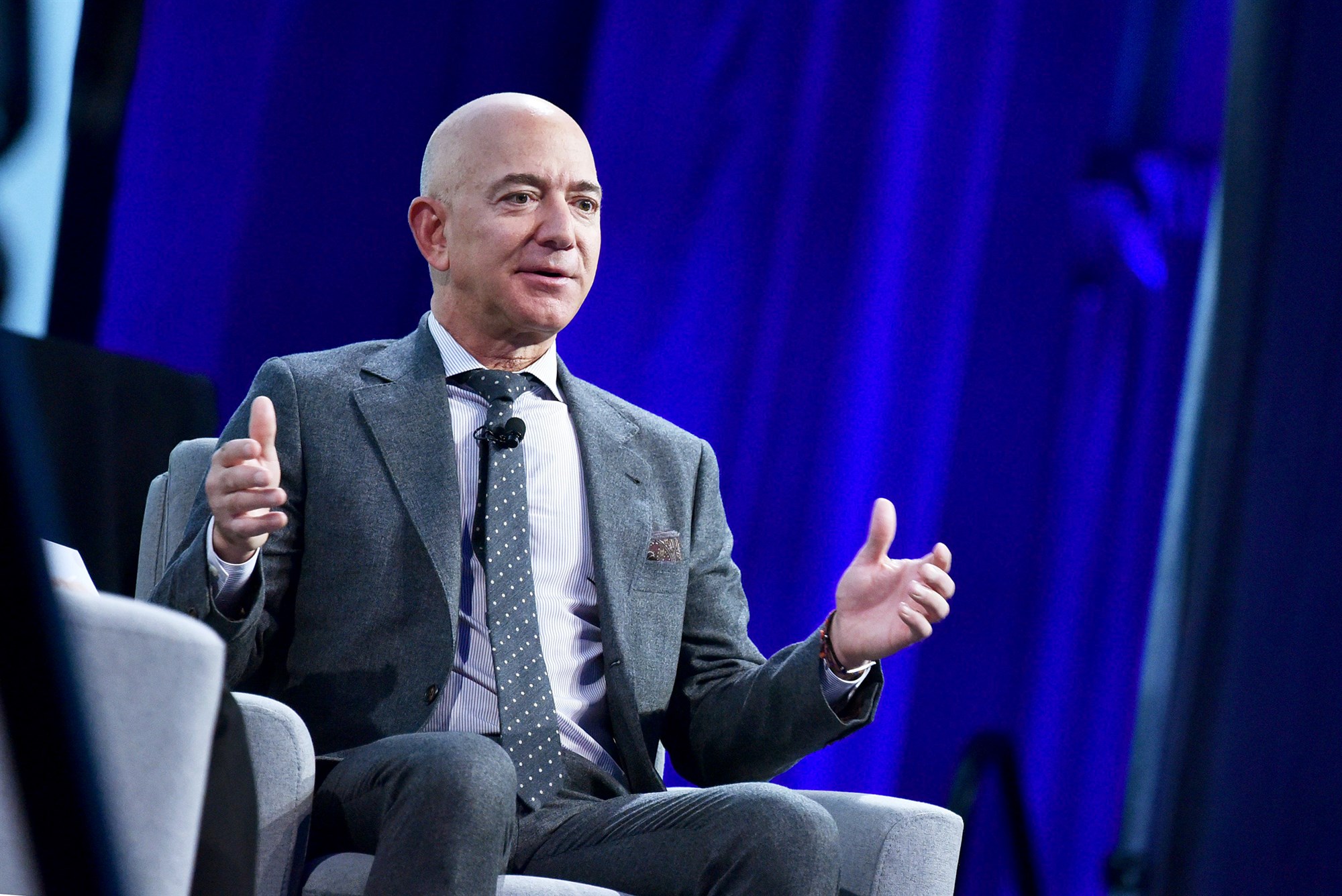Jeff Bezos, owner of The Washington Post, broke his silence on Monday, offering a detailed defense of the newspaper’s choice not to endorse a candidate in the 2024 presidential election—a departure from its long-standing editorial tradition. Bezos, writing in a rare op-ed, positioned the decision as a deliberate move to guard against the perception of bias, maintaining the paper’s commitment to impartiality and upholding its reputation as an objective news source.
“Presidential endorsements don’t influence undecided voters in the ways we might assume,” Bezos argued. “A single endorsement does little to sway minds or elections. Instead, it runs the risk of embedding a perception of bias and stripping us of our independence. By choosing to end this practice, we’ve made a principled decision—one I believe is right.”
The timing of Bezos’s statement came after a tumultuous weekend of resignations and public disapproval from the Post’s staff. Pulitzer-winning editorial board member David Hoffman left the newspaper, voicing his frustration over the decision not to endorse. Hoffman expressed that he couldn’t stand by as the Post’s voice remained silent amid what he describes as a critical threat to democracy. “We face an unprecedented challenge, a dangerous drift towards autocracy. To withhold our voice by avoiding an endorsement in this election is a kind of silence I cannot condone,” Hoffman said in an interview.
The decision also drew criticism from former Post editor Marty Baron, who, under Bezos’s ownership, had led the Post through award-winning investigations. Baron called the move “unprincipled” and argued that it sends a confusing message to readers. “The Post shouldn’t drop only presidential endorsements if it believes readers are capable of independent thinking. If the concern is to let readers decide without influence, then cut editorials across the board,” he said.
The announcement has fueled public speculation that Bezos’s decision was politically motivated. This speculation intensified when former President Donald Trump met with Blue Origin’s CEO Dave Limp just hours after the Post declared its intention not to endorse. Bezos, in his op-ed, rebuked these claims, categorically denying any relationship between the two events. “I didn’t know about the meeting until after it happened,” he explained, “and there is no quid pro quo here. No campaign was contacted or informed about this choice.”
While acknowledging the optics, Bezos contended that his influence as the paper’s owner has been misinterpreted. He portrayed his wealth as a shield against external influence rather than a political weapon, emphasizing that he has maintained a clear boundary between his business interests and the editorial choices at the Post. “My wealth,” he wrote, “is a defense against intimidation, not a source of it.”
Addressing his long-term vision for the Washington Post, Bezos expressed concerns about the rise of unvetted media sources, which he sees as a potential threat to public trust in traditional journalism. “The Washington Post won’t simply fall into irrelevance,” he wrote. “It won’t be overtaken by social media chaos and unresearched commentary—not on my watch. The stakes for our democracy are too high.”
Bezos’s op-ed did little to quiet the mounting dissent among the Post’s editorial staff and former journalists. Nearly two dozen Post columnists, including prominent investigative reporters Carl Bernstein and Bob Woodward, signed an open letter calling the decision “a dangerous compromise of the Post’s founding principles.”
With the Post facing internal divisions and renewed public scrutiny, Bezos’s statement has ignited debates within the journalism industry on the role of endorsements. As media bias continues to dominate public discourse, the Washington Post now faces the challenge of balancing the expectations of its readership with its commitment to impartiality in a highly polarized political climate. Bezos’s decision, viewed by many as a transformative moment, may set a new precedent for legacy media in the modern age.









